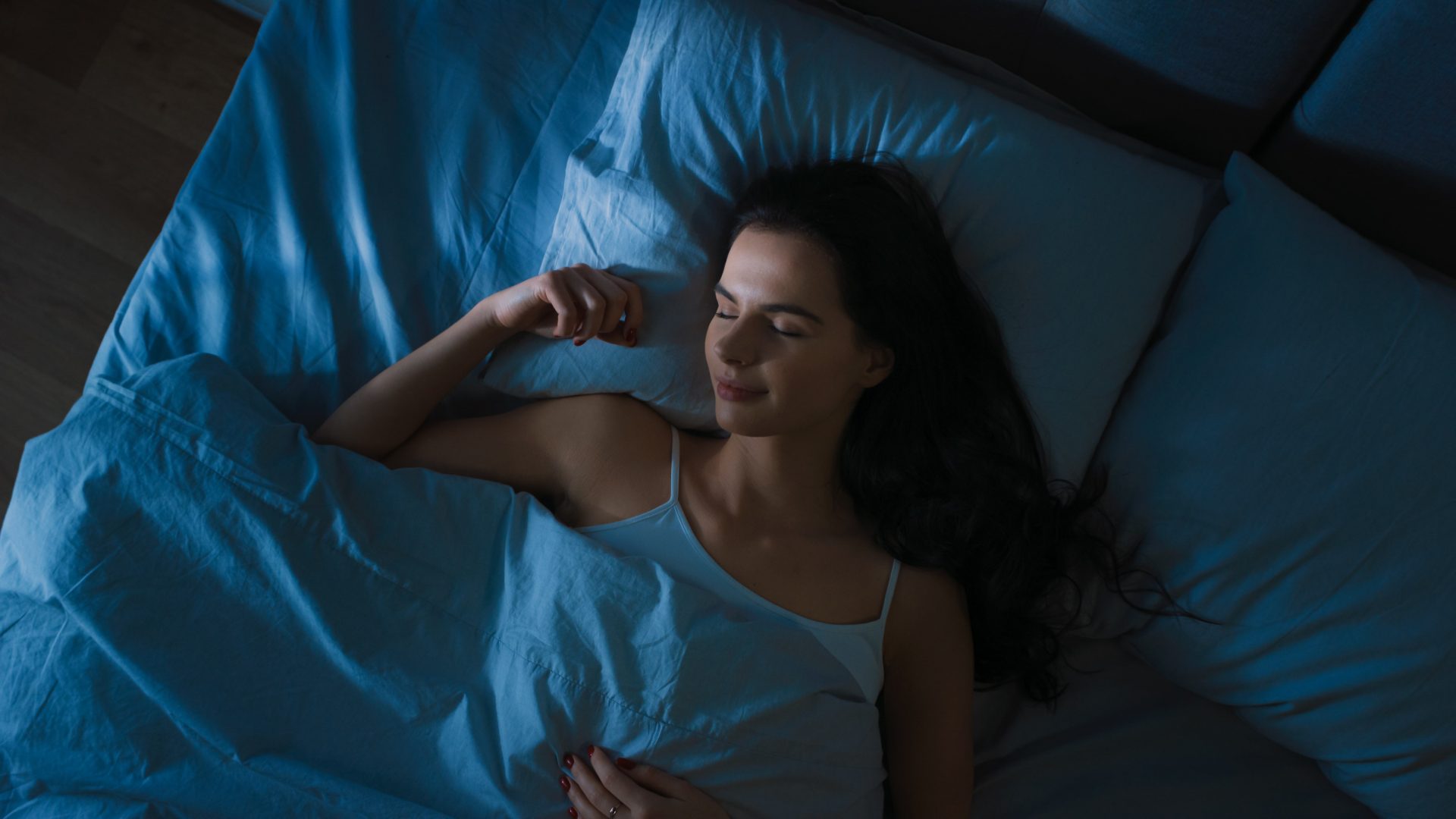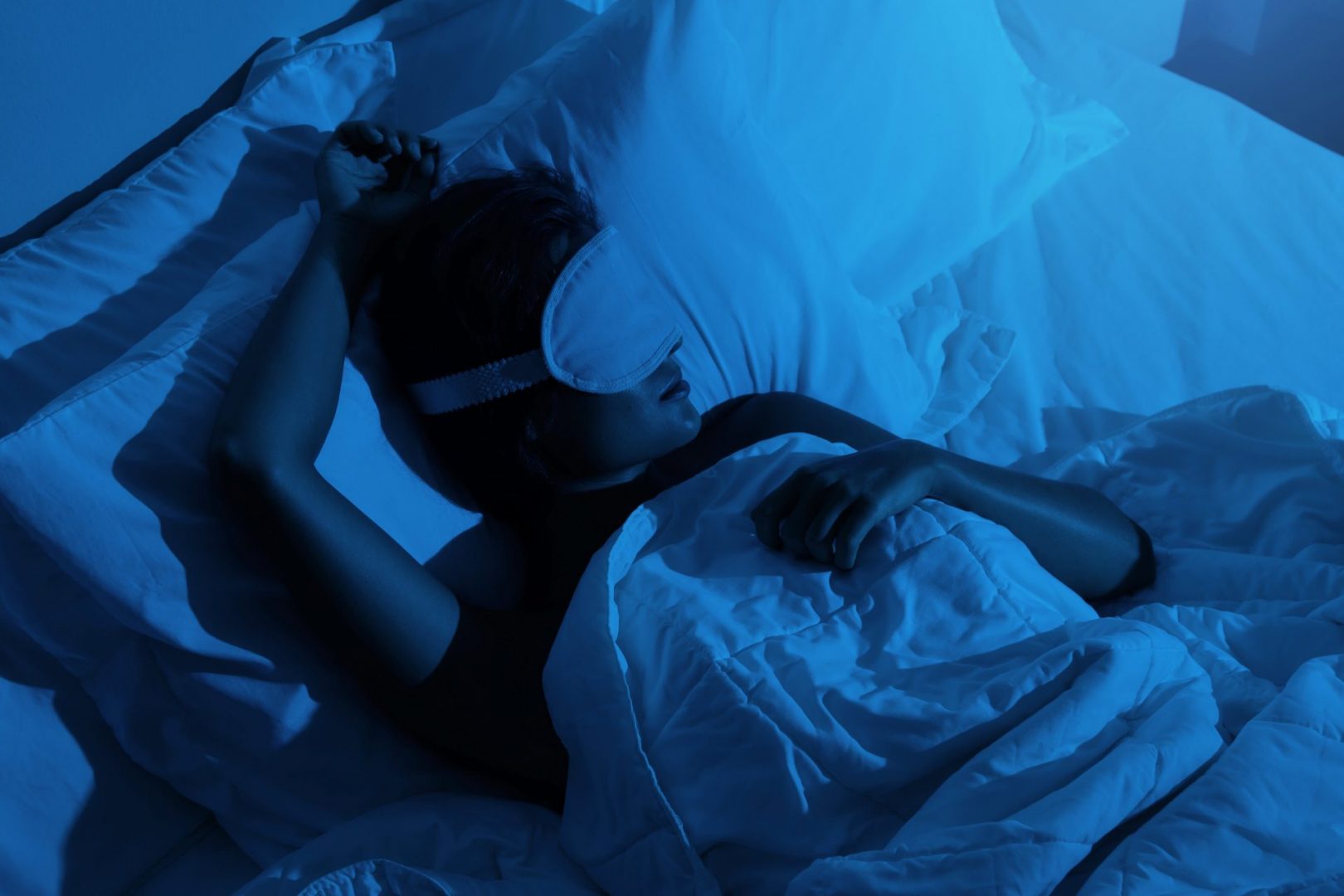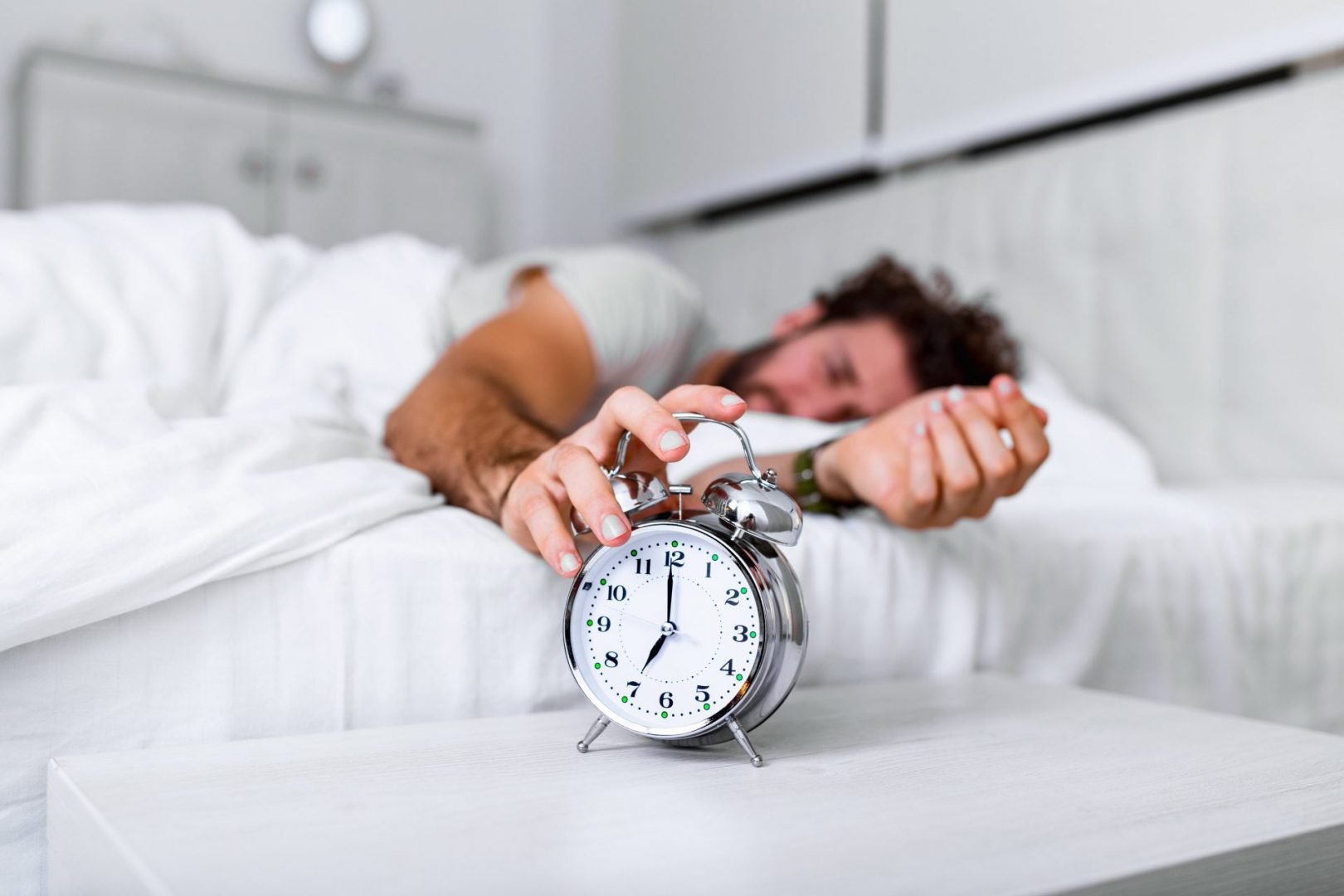You have probably heard of the term “Sleep Hygiene” more than once in your life. But what is it really? What does it entail? Well, read on to learn more about Sleep Hygiene and how knowing about it will help us build better sleeping habits.
Sleep hygiene focuses on the promotion of healthy sleep. Originally developed for insomnia patients – though it did not prove to be too effective in clinical studies – it refers to behavioural and environmental recommendations to foster a good night’s sleep. Today, sleep hygiene receives great attention from the broader population to tackle concerns over poor sleep rather than for treatment of sleep disorders.
Advice for a sound sleep hygiene often includes a long list of possible ways that have shown to be commonly beneficial to healthy sleep in the past. These recommendations relate to various areas of life and are quite straightforward so that these may be tailored to fit individual needs and preferences.
How do you build better sleeping habits?
There are several sleeping habits that can generate a good night’s sleep. Here are a few of our recommendations:
- Build an environment that promotes the sleep hygiene (i.e., block electronic devices from your bedroom or install dimmable light)
- Set out routines so sleep hygiene and behaviour feel automatic and you do not have to discuss with yourself everyday whether you should stick to them. Habits are formed through repetition until we perform them almost automatically which makes it easier for us to stick to them. (i.e., set a fixed bedtime, turn off your mobile phone 2 hours before going to bed every night, etc.)
- Make the routines enjoyable like spoiling yourself with a special bath pearl for your warm evening bath. Enjoyable moments prompt your brain to release dopamine, a hormone that is involved in the regulation of emotion, motivation and movement which strengthens the habit even more. Dopamine also makes us long for a repeat of the moment, which makes it easier to incorporate the new sleep hygiene.
- Adjustments may take a great deal of willpower and self-control. However, willpower can be strengthened over time. Train it like a muscle by exerting willpower in small areas first before applying it to the next. You will eventually become more self-controlled.
- Test out various adjustments to find out what suits you better because the ideal sleep hygiene varies among individuals.
- The most important recommendation is: DO NOT PUT YOURSELF UNDER TOO MUCH PRESSURE! Especially when it comes to calming down or falling asleep, do not overthink it and do not try to implement each of the recommendations at once. Unrealistic expectations would most likely result in disappointment and might discourage you from pursuing these adjustments further. Start with small steps and go from there.
Tips for getting a good night’s sleep
- Stick to a sleep schedule and follow it every night as much as possible, regardless of whether it is a weekday or a weekend;
- Exercise at least 30 minutes daily but not later than 2-3 hours before bedtime;
- Avoid caffeine (coffee, cola, black/ green tea, chocolates) and nicotine;
- Avoid alcoholic drinks before bed;
- Avoid large or heavy meals and drinks late in the evening;
- Avoid medicines that delay or disrupt your natural sleep pattern, if possible;
- Do not take naps after 3 PM;
- Take a hot bath, cuddle with your beloved or make yourself comfortable in a fluffy, warm blanket before bed;
- Keep your bedroom dark, cool and free from any phones, tablets, laptops, TVs and the like that emit blue light;
- Have the right sunlight exposure in the morning;
- Do not lie in bed awake; and
- Last but not the least, and perhaps one of the most important things you can consider, invest in a comfortable, high-quality mattress, pillow and bed linen.
We hope you find these tips helpful and you enjoy trying them out whenever you can. Remember, these tips are not carved in stone so don’t be discouraged if one tip does not work for you. Keep trying until you find the best sleep hygiene and sleep tips that will give you a good night’s sleep. For now: Nighty night and sleep tight!
References
Irish, L. A., Kline, C. E., Gunn, H. E., Buysse, D. J., & Hall, M. H. (2015). The role of sleep hygiene in promoting public health: A review of empirical evidence. Sleep medicine reviews, 22, 23–36. doi: https://dx.doi.org/10.1016%2Fj.smrv.2014.10.001
Walker, M. (2017). Why We Sleep. Unlocking the Power of Sleep and Dreams.
https://www.sleepfoundation.org/articles/sleep-hygiene





